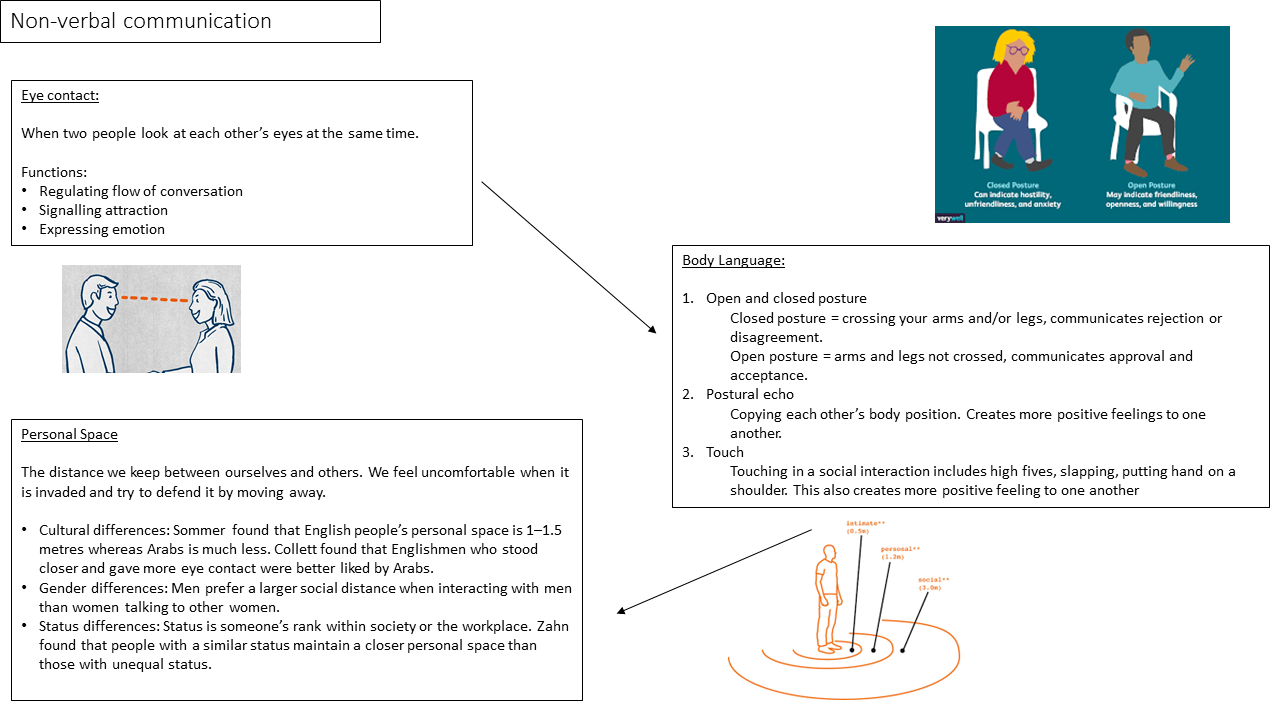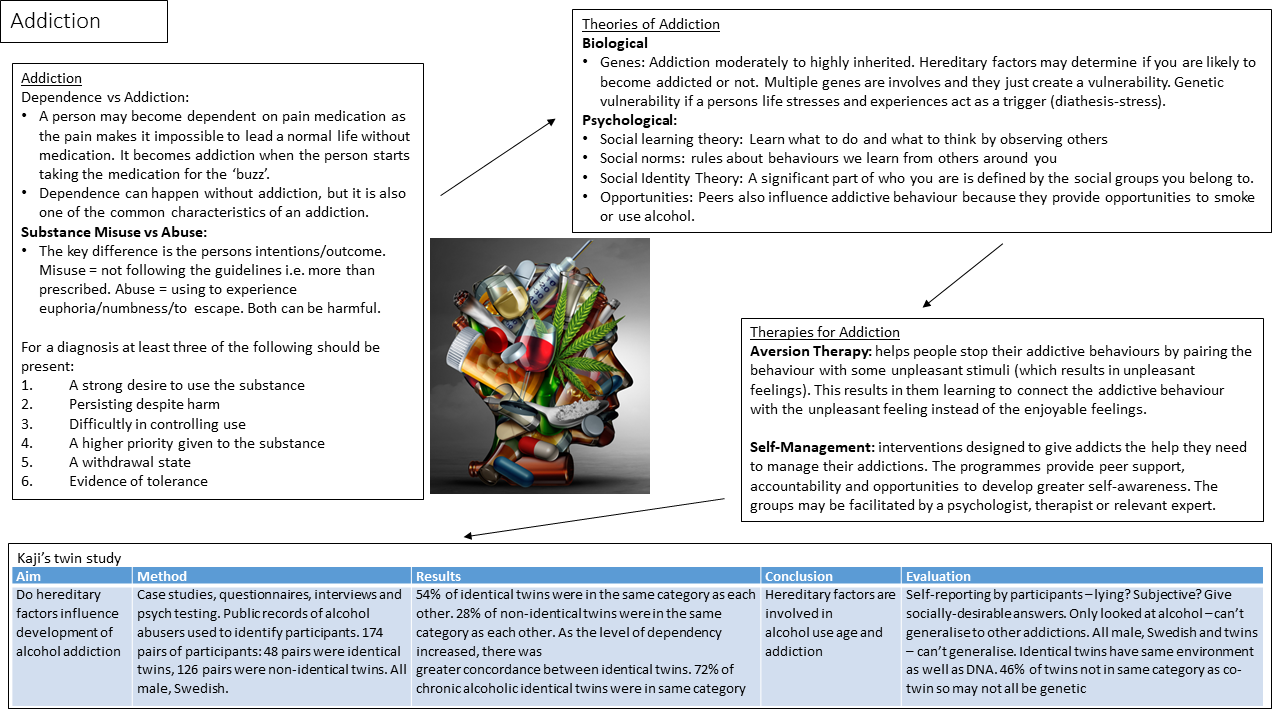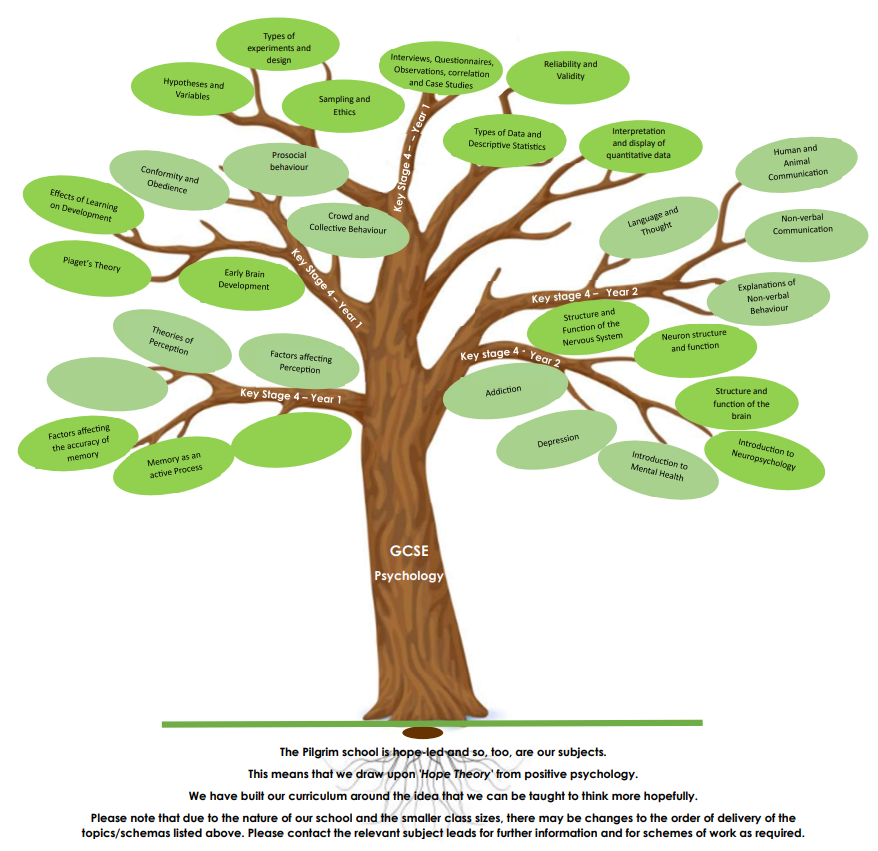Psychology (KS4 Only)
Introduction
Psychology is one of the most interesting and dynamic fields in the world currently. In part due to the growing awareness of mental health issues. Studying GCSE psychology is an excellent way to give yourself a foundational knowledge of how the human mind works, understand social behaviour and human development. As Psychology is a broad discipline, you will cover many areas including cognitive development, clinical and social behaviour. This can be further broken down into learning about memory, perception, communication and social influence. You will also explore neuropsychology, psychological problems and the impact on the human mind. This course will also introduce you to the fundamental concepts of the subject, developing your critical analysis, independent thinking and research skills.
The class is run on a democratic basis, there are frequent opportunities for discussion and challenge, with students taking responsibility for their own work. In the unit, Social Influence, the need for conformity and obedience in social living is explored. We consider why people conform and obey and why they do not. A fundamental value in Psychology is that every individual is important, and differences are to be tolerated; we explore social change and how minorities who are principled, consistent and tolerant can bring about social change. Within the unit, Psychological Problems, we discuss ways of defining abnormal behaviour and how many of these ways are culturally relative. This leads to discussion about religious and legal tolerance and that democracy is the rule in the UK.
Psychology links to the schools hope curriculum. Not only do we study some very influential psychologists and the impact their work has had on understanding and helping others, but we also learn about positive mindsets, and thinking patterns. Learning how having an unstable, external attribution tendencies can support outlook on life as people will see negative things as being caused by factors beyond their control and only temporary.
Goal
Our line of sight and scheme of work cover all the content within AQA GCSE Psychology.
Example Schema


Pathways
Psychology is a GCSE option for those in Key Stage 4. Psychology is not covered at Key Stage 3. However, skills learnt in many subjects during Key Stage 3 support learning in GCSE Psychology. We currently study the GCSE AQA exam board; this has the broadest curriculum and allows students to get a feel for many aspects of Psychology rather than narrowing down on certain topics.
Assessment in GSCE Psychology is made up of 2 written exams which are 1 hour 45 minutes each with a mixture of multiple choice, short answer and extended writing questions.
Agency
Psychology is a fascinating subject which helps you gain a deeper understanding of what it means to be human. Why do people think and act as they do? How do they learn and change over their lives? As well as working directly in a Psychology-related setting, you might choose to explore health and social care, education, charity, commerce, human resources, marketing or data analytics, for example. Whether or not you choose to become a psychologist, you will be sure to find a job. Those you have studied Psychology have a wide range of transferrable skills, meaning they are in demand from employers in several different industries.
This booklet talks about the links with different careers and A-level Psychology, but gives a good insight into the range of careers that studying Psychology can lead to.

